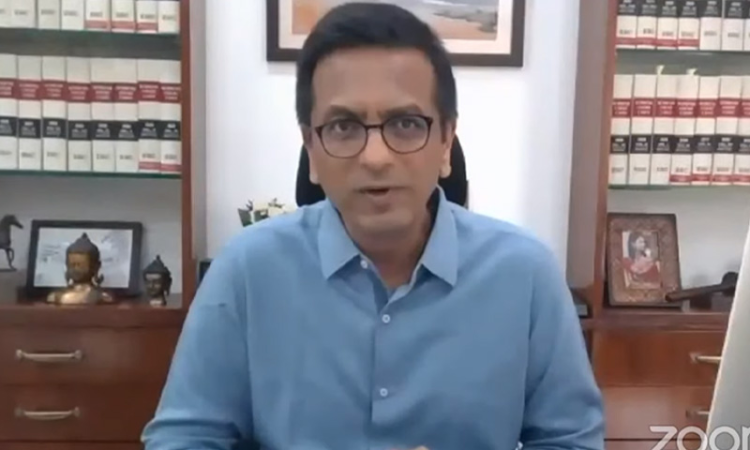Paperless Court Not Possible Without A Change In The Mindset Of Bar And The Bench: Justice DY Chandrachud
Mehal Jain
12 Sept 2021 9:03 AM IST

Next Story
12 Sept 2021 9:03 AM IST
Supreme Court Judge Justice DY Chandrachud on Saturday said that none of the efforts of the e-committee of the Supreme Court or the High Courts could be possible without a change in the mindset of the bar and the bench."I believe a change in the mindset must be brought about both among lawyers and amongst judges. When I started working on a paperless court about a year and a half ago, I was...
